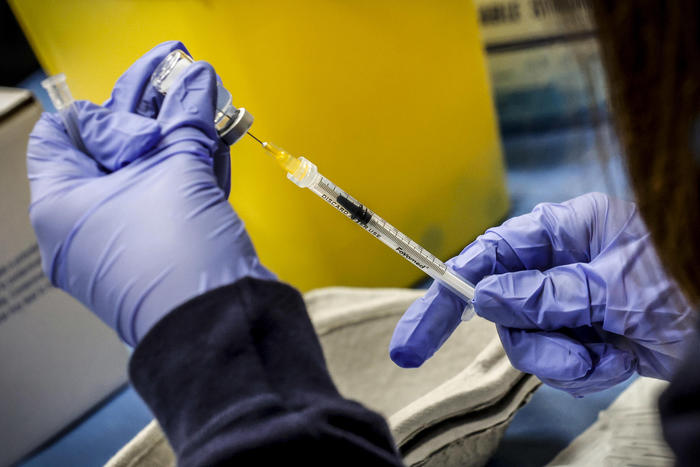Findings from a Higher Institute of Health (ISS) preclinical study conducted in mouse animal models indicate the prophylactic potential of a new vaccine platform against SARS-CoV-2. The study is based on a protein common to all variants of SARS -CoV-2 and shows a lasting protection even on high viral loads. Just published in the journal Viruses and led by researchers from the ISS National Center for Global Health, the study showed that this innovative new approach generates an effective and long-lasting immune response in mice infected with SARS-CoV-2.
The method, explains the ISS, is based on a new strategy that has selected as a target the N protein, a protein that unlike the more famous Spike, involved in the development of current vaccines, shows almost no mutation between the SARS variants. CoV-2 known so far. The method with which the N protein is used in this study also generates an immune memory in the lungs that could guarantee a lasting protective effect over time. The new mechanism is based on the engineering of nanovesicles naturally released by muscle cells and could overcome the limitations of current vaccines on antibody decay and loss of efficacy against emerging variants.
The ISS team of researchers has shown that when extracellular vesicles are loaded with the N protein, an immune reaction can be generated in mice that induces substantial protection from infection with very high viral loads. Furthermore, in the animal model studied, the developed technique is able to generate an immune memory in the respiratory tract, an essential condition for a lasting effect of any vaccination strategy against respiratory pathogens.
“All cells constantly release tiny lipid-based vesicles called extracellular vesicles – explains Maurizio Federico, senior author of the study – and the technique developed in ISS is able to load these natural nanovesicles with SARS-CoV-2 proteins. Nanovesicles thus engineered are processed by the immune system in order to generate strong cellular immunity orchestrated by a lymphocyte family identified as CD8 lymphocytes “. Additional studies planned will establish parameters such as the safety of the vaccine platform and its tolerability. These parameters will be essential to lay the foundations for future clinical studies aimed at definitively confirming the efficacy of this discovery.
It will also be necessary to understand whether any vaccines developed with the new platform should be integrated with forms of immunization based on the technologies currently in use, for example based on mRNA. The study, funded through ISS funding, demonstrates, the Institute concludes, “the commitment of the ISS and its researchers in the search for strategies that can lead to more effective SARS-CoV-2 vaccines“.
breaking latest news © Copyright ANSA

